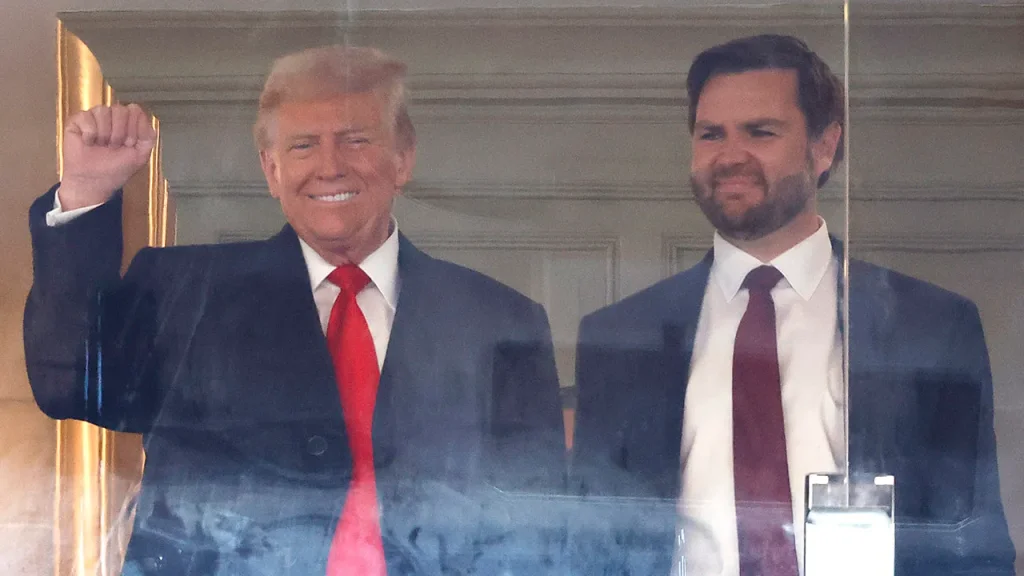The 125th Army-Navy football game, a storied rivalry steeped in tradition and national significance, transcended the realm of sport to become a stage for political observation and speculation. Held at FedExField in Landover, Maryland, just a short distance from the nation’s capital, the game drew a powerful audience, headlined by President-elect Donald Trump and a retinue of high-profile figures. Trump’s presence, marking his sixth attendance since 2016, underscored the enduring connection between the presidency and this symbolic sporting event.
The President-elect’s entourage provided a glimpse into the potential power dynamics of the upcoming administration. Alongside Vice President-elect JD Vance, Speaker of the House Mike Johnson, and incoming Senate Majority Leader John Thune, the presence of Elon Musk, tech mogul and influential figure, hinted at the intersection of technology and politics in the new era. Furthermore, the inclusion of Pete Hegseth, nominee for Secretary of Defense, and Tulsi Gabbard, chosen as director of national intelligence, signified key appointments in national security and intelligence. Perhaps the most controversial attendee was Daniel Penny, recently acquitted in the highly publicized Jordan Neely subway death case. Penny’s presence as Vance’s guest injected an element of social and legal discourse into the otherwise celebratory atmosphere.
The game itself delivered a compelling narrative, with Navy securing a decisive 31-13 victory over Army. Navy quarterback Blake Horvath’s stellar performance, which included two passing touchdowns and two rushing touchdowns, propelled the Midshipmen to a 9-3 record. Despite the loss, Army concluded their season with a respectable 11-2 record. Both teams’ strong performances earned them spots in prestigious bowl games, with Navy set to face Oklahoma in the Armed Forces Bowl and Army scheduled to participate in the Independence Bowl.
Beyond the on-field action, the sidelines and stands provided a platform for political maneuvering and observation. Florida Governor Ron DeSantis, a Navy veteran, attended the game, fueling speculation about his potential role in the upcoming administration, particularly as a possible alternative to Hegseth should his confirmation encounter obstacles. DeSantis’s presence further highlighted the intersection of politics and the military, a theme central to the Army-Navy game itself.
The game’s backdrop of national service and competition further amplified the significance of Trump’s attendance. His consistent presence at the game throughout his previous term and his return as President-elect reinforced the tradition of presidential involvement in this symbolic event. Trump’s participation in pre-game rituals, including the coin toss, during his previous presidency served to connect the office of the president with the spirit of the game and the military academies it represents.
The Army-Navy game holds a unique position in the landscape of college football, representing more than just a sporting contest. It embodies the spirit of inter-service rivalry, camaraderie, and national pride. The presence of high-ranking officials, political figures, and individuals embroiled in national controversies further underscores the game’s role as a microcosm of American society. The event showcases the interplay of sports, politics, and social issues, making it a compelling spectacle that extends beyond the gridiron. This year’s game, with its heightened political undertones and the attendance of controversial figures, exemplified the complex relationship between sports and the larger national narrative.

